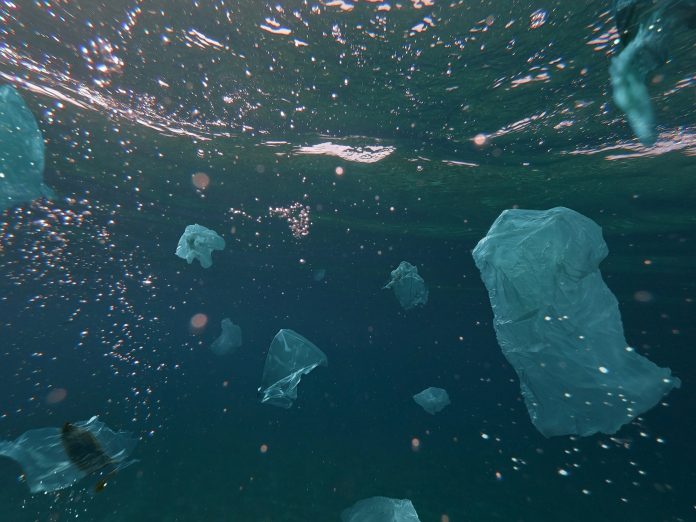A team of researchers at Washington State University have found a way to turn 90% of plastic waste into jet fuel within the space of an hour
The Bay of Bengal is constantly bringing in three billion tonnes of microplastics. This water flows through India and harm the immune systems of millions of people, who depend on the river. Plastic waste is one of the most concerning issues in contamination, as microparticles continue to enter the human body all over the world and remain in the environment.
This project was led by graduate student Chuhua Jia, and Hongfei Lin, associate professor in the Gene and Linda Voiland School of Chemical Engineering and Bioengineering.
The team created a catalytic process to convert polyethylene into jet fuel and high-value lubricants. Polyethylene is the the main, most commonly used form of plastic. It is used in a huge variety of products like plastics bags, plastic milk jugs, shampoo bottles and plastic furniture.
How did the team create jet fuel?
They used a ruthenium on carbon catalyst and a commonly used solvent. They were able to convert about 90% of the plastic to jet fuel components or other hydrocarbon products within an hour at a temperature of 220 degrees Celsius, which is way lower than the normal temperatures that would be used. This saves on energy.
Student Chuhua Jia said: “Before the experiment, we only speculated but didn’t know if it would work. The result was so good.”
What about existing ways of recycling?
Right now, there are no mass processes for successful recycling of plastics. The plastics that can be recycled are simply re-molded – then turned into different plastic products, but with a lessened quality. Chemical recycling can produce higher quality products, but it has required high reaction temperatures and a long processing time, making it too expensive and cumbersome for industries to adopt. Because of these limitations, only about 9% of plastic in the US is recycled every year.
Associate Professor Lin said: “In the recycling industry, the cost of recycling is key. This work is a milestone for us to advance this new technology to commercialization.”
When can this technology be available?
The team are working right now to scale up this operation, for more commercial use. They believe they can make fuel out of other types of plastic too. It is too soon to know when this will be available for companies and countries to access, but it is on the horizon.
Chuhua Jia further explained: “Depending on the market, they can tune to what product they want to generate.
“They have flexibility. The application of this efficient process may provide a promising approach for selectively producing high-value products from waste polyethylene.”











